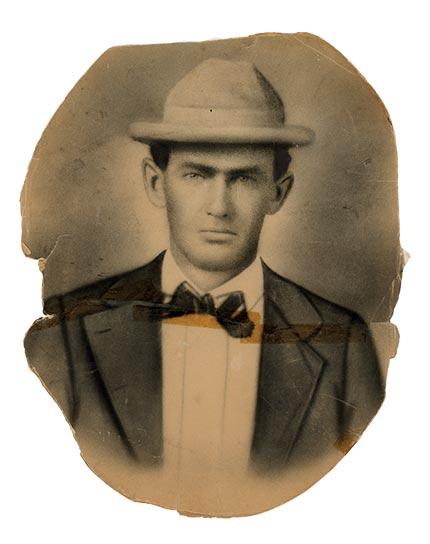Coal Veins: UMD Anthropologist Is Digging Into Commonalities Between Coal Country Immigrants Past and Present
The son of Irish immigrants, Thomas Walsh was orphaned as a child but was 38 years old and supporting a young family of his own by the time he started his shift at a northeastern Pennsylvania coal mine on May 3, 1911.
He had turned a chance meeting with a dressmaker named Catherine on a streetcar into a marriage that had given them 2-year-old Mary and 3-month-old Florence. They wed despite the disapproval of Catherine’s mother, a native of Ireland whose own miner husband had died in 1898; now the owner of a paid-off house, she suspected Walsh was only interested in her daughter for her modest wealth.
It was still a boom time for people living among the mountains laced with pure and shiny anthracite coal, prized for heating, manufacturing and steam production. A sliver of Pennsylvania was providing more than 15% of America’s energy, increasing wages and finally giving the brigades of miners who toiled underground the chance to put away small savings. Profits took their toll in blood, however; in 1910, 59,000 employees in Luzerne County dug up almost 29 million tons of coal, but more than 200 of them died in mine accidents.
Walsh, my great-grandfather, would share their fate on that cold spring day.
I’ve often thought about how it was not only a familial tragedy but also a moment when our family tree might have been cut off at the roots. It inspired my academic studies on the double-edged promise of immigration, as well as the need to resist the chauvinistic temptation to wield it as evidence that “we” had it harder than anyone who followed, or somehow have a more legitimate claim to this country.
Those same concerns animate the work of Paul Shackel, a professor in the UMD Department of Anthropology who has spent years exploring the history, culture and modern-day transformation of Luzerne County and its second-largest city, Hazleton. While Shackel’s work there initially centered on century-old events, he was also pulled in by the transformation of an area once dominated by deindustrialization and population decline into a critical goods-distribution network dependent on an exponentially increasing Latino population. He confronted age-old American questions: Who belongs and who doesn’t, who’s working hard and who isn’t, who’s making a place better and who’s dragging it down.
In a fresh project collecting oral histories of newer Hazleton arrivals for a state operated museum, Shackel hopes to show the historical, cultural and socioeconomic connections spanning ethnic groups and hundreds of years of history.
“We all have commonalities,” he says.
Photo of coal miners in Hazleton, Pa. provided by the Library of Congress. Photo of Thomas Walsh, Liam Farrell's great-grandfather, provided by Liam Farrell.
Published on Thu, Nov 17, 2022 - 10:17AM



